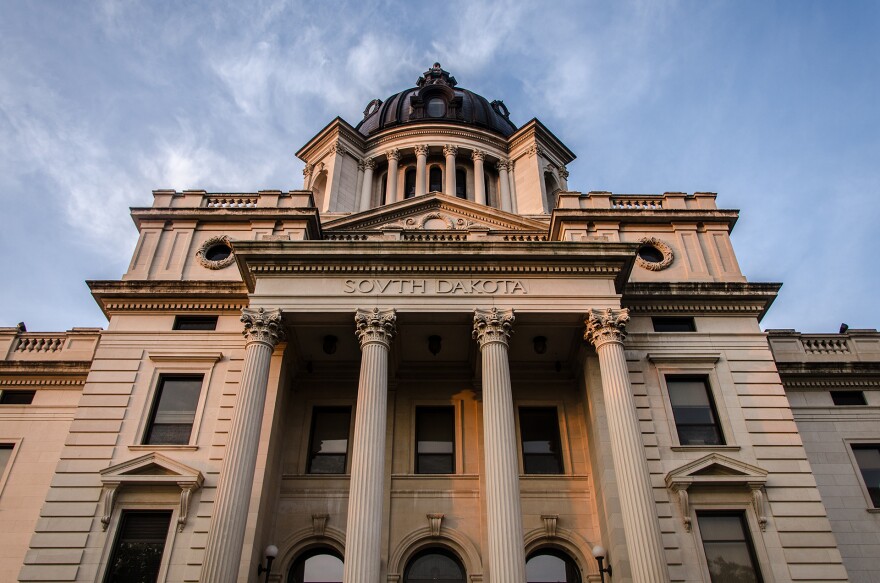The state legislature is coming up with a plan to spend coronavirus relief money handed down by the federal government in late March.
Roughly 75 percent of the $1.25 billion the state received is unspent.
Five legislative committees will meet starting the week of September 14th.
They will focus on how the coronavirus has affected each sector in South Dakota: agriculture and natural resources, education, local governments, commerce and energy and healthcare. Lawmakers who are members of those committees during regular session will attend the listening sessions. They will then send their recommendations to the appropriations committee, which will craft a bill for the entire legislature to consider.
Republican Speaker of the House Steve Haugaard has been pushing for a special legislative session for weeks. He says the point of listening sessions are to find out what needs exist and how best to allocate federal dollars.
“Up until this point there’s been a lot of wait and see and unfortunately Congress isn’t acting quickly and I think you can tell at this point nothing is likely going to happen until after the elections,” Haugaard says. “By that time we’re going to be so far up against the wall we won’t be able to respond effectively.”
That’s because lawmakers have until December 30th to spend the money.
Some Republican lawmakers and Governor Kristi Noem want a deadline extension to spend those dollars when the state legislature convenes during a regular session. To pass any appropriation before regularly scheduled session would require a special session called by the governor or 2/3rds of the legislature.
Some legislators think the process will take too long. Republican Senator Kris Langer says the appropriations committee can handle the hearing sessions itself.
“The less we have to complicate it with our government procedures I think is still the most direct route to getting the end result and getting money in the hands of South Dakotan’s that need it,” Langer says.
The measure passed 10 to 5. Democratic Senator Troy Heinert proposed which groups would meet and when. He says it’s better to be on a slow horse than no horse.



